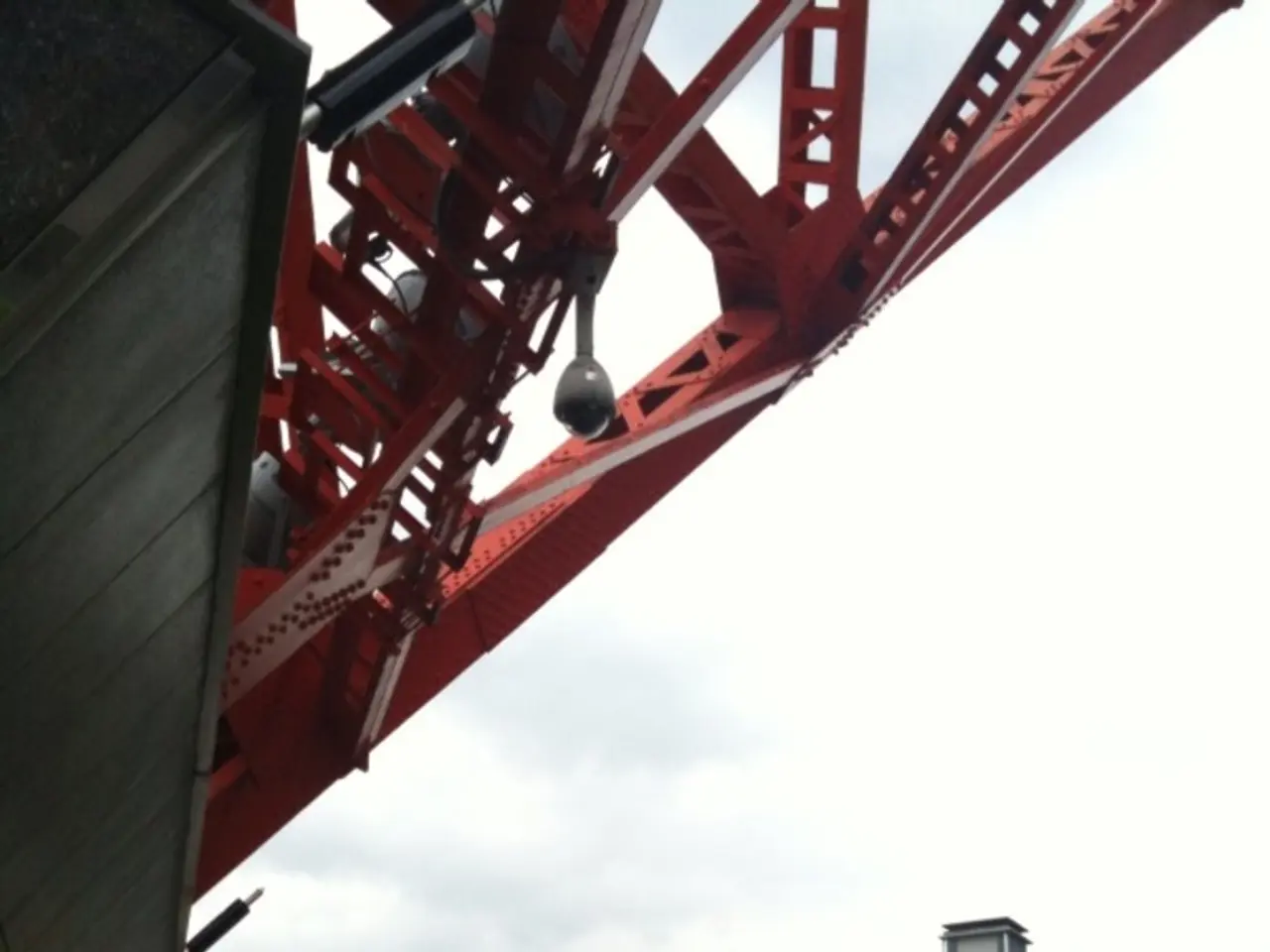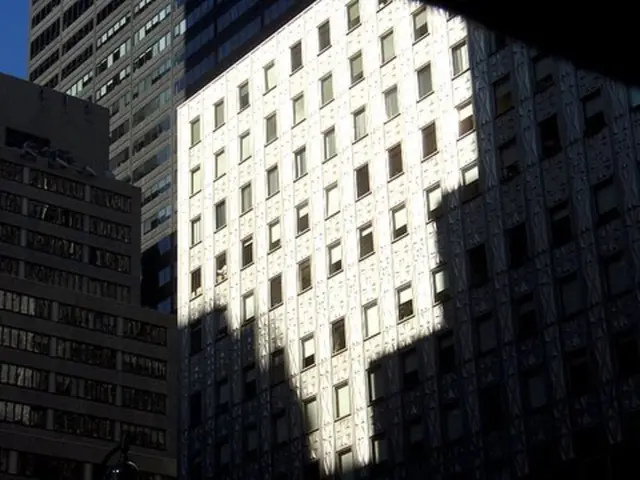Anticipate delays on the Rīga-Ķekava route due to traffic congestion
The Bauska motorway is currently undergoing significant changes due to ongoing construction works. Despite the ongoing construction, traffic is being maintained without full road closures to ensure minimum disruption [1]. However, drivers should expect delays as the construction activity may slow down traffic flow [1].
In the coming autumn, a pedestrian and cycle tunnel under the Bauska highway towards K̄ekava is planned to be built. Once completed, this tunnel will provide a safer and more convenient route for pedestrians and cyclists [2]. The newly built tunnel will have only two lanes, one in each direction [3].
Sixty or more sections of national roads are currently undergoing construction work across the country. The Bauska motorway construction works are no exception, with both construction workers and road users present on site during the construction [4].
As for the average time it takes to get through the construction section on the Bauska motorway, the exact duration is not specified in the available information. However, it is implied that traffic flow is slower than usual, suggesting some additional travel time should be anticipated [1].
For precise average delay times, it is recommended to consult local traffic updates or the Latvian Road Traffic Authority, which may provide real-time information.
Finally, it's worth noting that traffic will be switched to the newly built tunnel once it is completed [5]. The construction section on the Bauska highway entrance is estimated to take 10-30 minutes to get through, depending on the time of day [6].
Stay informed and plan your journey accordingly to ensure a smooth commute during the construction period.
The construction works on the Bauska motorway are not only focusing on the motorway itself, but also including the addition of a pedestrian and cycle tunnel for safer transportation [2]. This tunnel, once completed, will bring changes to not only the motorway industry but also the finance sector, as it may influence travel habits, potentially impacting the local economy [5].




